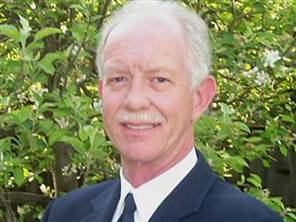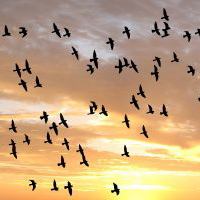Travel Tips
Dual Engine Failure, Bird Strikes Lead Topics Discussed at NTSB Hudson Landing Hearing
 A three-day National Transportation Safety Board hearing commenced today, with Captain Chesley “Sully” Sullenberger testifying about the events of January 15 that led to his miraculous landing on the Hudson River.
A three-day National Transportation Safety Board hearing commenced today, with Captain Chesley “Sully” Sullenberger testifying about the events of January 15 that led to his miraculous landing on the Hudson River.
Among the major topics of concern were the effect of bird strikes on airplanes and emergency preparedness in the event of dual engine failure.
NTSB members praised the cool-headed captain for his quick thinking when he landed the Airbus A320 on water, and expressed hope that his success could help prevent future accidents.
Sullenberger admitted that he had no simulation training for ditching a plane in water, and relied on his extensive experience and the crew’s skill to land safely on the Hudson.
The plane struck a flock of migrating Canadian geese shortly after takeoff from New York’s LaGuardia Airport. Later investigations found the remains of at least one male and two female geese in both engines.
 Over the past few decades, improved environmental standards and airline deregulation means that there are literally more birds and more planes in the sky, which could lead to catastrophe.
Over the past few decades, improved environmental standards and airline deregulation means that there are literally more birds and more planes in the sky, which could lead to catastrophe.
The Federal Aviation Administration (FAA) is testing bird-detecting radar, while other experts have suggested redesigning aircraft engines to withstand larger bird strikes. At 8 pounds, Canadian geese are among the largest birds in North America, and most newer jet engines are designed to handle strikes from birds that are 4 pounds or less. Birds generally fly at a maximum of 3,000 feet.
Scientists from the Smithsonian point out that it’s crucial to study bird-migration patterns as well to help prevent future collisions.
In 2007 there were more than 7,400 bird strikes in the United States, but that number may be vastly underreported, according to the FAA.
By Sarika Chawla for PeterGreenberg.com.
Related links: New York Times, Los Angeles Times, MSNBC, CNN
Related links on PeterGreenberg.com:












